It's that time of year again. The clocks are going back, meaning Daylight Saving Time ends (the time between March and October) and Standard Time begins (the time between October and March). But what does this mean for our sleep, and how can we prepare?
Even if you’ve kitted yourself out with one of this year's best mattresses and bedding bundles ready for blissful winter sleep, the clocks changing can still wreak havoc on the rest you get. But there are ways to prepare and lessen the effect of the time change.
We spoke to the experts to find out exactly how the clocks going back can affect your sleep, before detailing how to adjust your sleep schedule in advance so you can enjoy some uninterrupted ZZZs.
When do the clocks go back?
In autumn 2024 the clocks will go back by 1 hour on 27 October at 2am in the UK and 3 November at 2am in the US.
An easy way to remember which way the clocks change is to think of the seasons — in spring the clocks 'spring forward', while in autumn they 'fall back'.
Despite happening every year, this change in time takes many people by surprise. This year, you can prepare so your sleep remains uninterrupted.
How to adjust your sleep schedule before the clocks go back
1. Gradually shift your bedtime 20 minutes later each day
To help you adjust when the clocks go back, Dr Chelsea Perry, owner of Sleep Solutions and a Diplomate of the American Board of Dental Sleep Medicine, recommends gradually shifting your bedtime and wake time in the lead up to the change.
This gradual approach can help ease the transition from one hour to another, allowing your body to acclimatise to the new schedule without a sudden shock. Gradually adjusting your bedtime between now and Sunday will help minimise the impact the clocks changing has on your sleep.
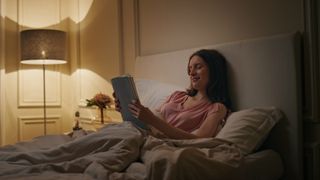
Dr Nerina Ramlakhan, neurophysiologist and sleep expert at Oak Tree Mobility, says: "If you want to prepare for the shift, try going to bed 15 to 20 minutes later in the days leading up to the clocks going back."
For example, if you normally go to sleep at 10pm, aim for 10:20pm tonight, then 10:40pm Friday and 11pm Saturday. This will get you used to the technically later bedtime on Sunday. Read our full step-by-step guide on how to fix your sleep schedule to prepare.
2. Don't let yourself oversleep on Sunday
The temptation to spend the extra hour on Sunday sleeping is strong, and if you're in a sleep debt catching up on some quality ZZZs is absolutely the right thing to do.
But Dr Ramlakhan doesn't recommend using the extra hour to sleep in. If you're sleep schedule has been on point this week, you're better off getting up and making the most out of the extra hour – get that house work done, get out for a walk or chill out with a good read.
Oversleeping on Sunday morning will make it harder to get to sleep that night, risking throwing your sleep schedule off for the week ahead. Instead, make the most of your Sunday, fall asleep easily in the evening and wake up refreshed on Monday.
3. Avoid naps
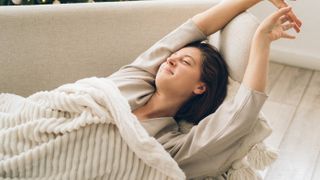
Granted getting up early on Sunday and having an extra hour on your hands will likely leave you feeling tired come the afternoon. But it's important to avoid napping if possible, especially close to bedtime, so it's easier to fall asleep in the night.
Taking naps throughout the day breaks down a substance called adenosine, which is produced by the body as it consumes energy and helps to 'switch on' sleep-inducing regions in the brain. This substance increases the urge to sleep at night and if it broken down by naps, falling asleep at bedtime will be more difficult.
3 ways the clocks going back will affect your sleep
1. You'll gain an hour in bed
Thankfully, major sleep disruptions are less likely to occur in October. Gaining an extra hour often gives people the chance to catch up on much-needed sleep on the specific day the time changes, leaving them feeling refreshed.
But, for some people, especially parents of young children who will wake up at the same time regardless of the time shift, the change can disrupt their sleeping pattern making it harder for them to fall asleep at the new time.
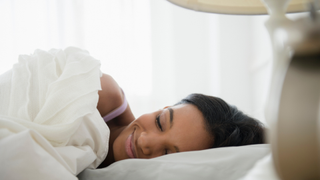
Dr Chelsea Perry, says: “When we set the clocks back, your body and brain might experience a temporary imbalance in the production of melatonin, the hormone that regulates sleep, and cortisol, the hormone associated with alertness.
She adds: "A study in the Journal of Biological Rhythms found that it can take about a week for your internal clock to adjust, especially if you’re sensitive to changes in light. You might feel groggier in the mornings and more awake at night because of these shifts.”
2. You may struggle to wake up
When the clocks go back, it can disrupt your internal body clock, or circadian rhythm, which relies on consistent light and dark cues to regulate sleep. Darker mornings during the winter months can delay our sleep-wake cycle and some people struggle to adjust to a new wake-up time after the clocks change.
Dr Perry says: “Gaining an hour can feel like mild jet lag as your body might be ready to sleep or wake up at the ‘wrong’ times for a few days.” You might feel sluggish in the mornings after the time change, she explains, because you feel like you are waking up in the middle of a sleep cycle.
3. Your mood may be low
While we will initially get an extra hour of daylight in the morning,, this only lasts a couple of weeks before the days shorten and sunrise gets later while sunset gets earlier.
The increased hours of darkness can result in low mood and depression in some people who experience seasonal affective disorder (SAD). Less sunlight exposure means less vitamin D, which researchers from Cambridge University have associated with depression. Their study of 31,424 participants showed a significantly increased hazard ratio of depression for the lowest versus highest vitamin D categories.
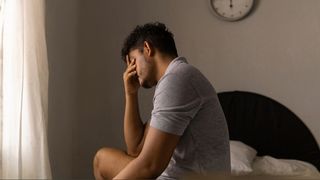
Little sunlight exposure can leave us feeling down in the dumps, meaning it is important to make the most of the limited daylight hours we have during winter months. Wrapping up and heading out for a walk or sitting outside on dry days can help you beat the winter blues.
My top tips to get better sleep when the clocks go back
1. Spend time outside
Getting outside during daylight hours, especially early doors, helps reset your internal clock, aligning it with the new schedule.
Dr Perry says: “Exposure to natural light in the morning is particularly effective as it signals your brain to wake up and start the day.”
I recommend sleeping with your blinds slightly open to allow natural light into your bedroom to wake you up in the morning.
2. Exercise at the same time each day
Regular exercise is key to a healthy sleep pattern. A study by the National Library of Medicine shows physical activity improves sleep quality as it increases melatonin, reduces stress and regulates body temperature. By expending energy through exercise you will naturally feel tired, making it easier to fall asleep and achieve deeper, more restorative sleep stages.
Exercising at the same time each day can help you craft a routine that facilitates quality sleep by signalling to your body when to be alert and when to relax, improving the predictability of your sleep schedule.

3. Change the lighting in your room
Another way you can help yourself get quality sleep at night is by changing your bedroom light bulbs to a warmer colour.
Research shows red and amber lighting helps lull you to sleep more quickly than cool colors like blue light emitted from phone screens which tricks your brain into thinking it's daytime. This is because warmer light increases melatonin production.
Yes, technically we do get an extra hour ‘in bed’ when the clocks go back this autumn, but whether you actually spend that hour snoozing will be dependent on your lifestyle.
For those without little human alarm clocks, the extra hour when the clocks go back generally means an extra hour of sleep. If you can never seem to get enough sleep and struggle to wake even with a blaring alarm, the extra hour in bed will be welcome.
But it is not so easy for those who struggle to sleep for long periods of time, or beyond their usual sleep time, no matter how tired they are – if you fall in this category, the extra hour will likely mean more time tossing and turning.

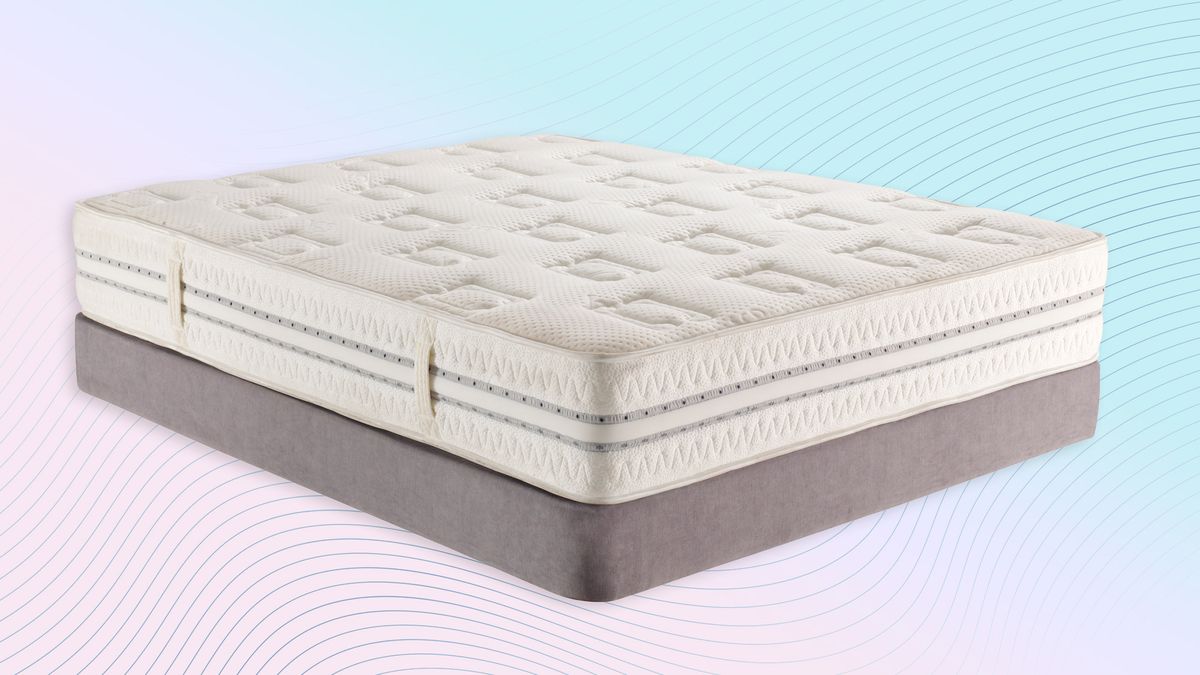








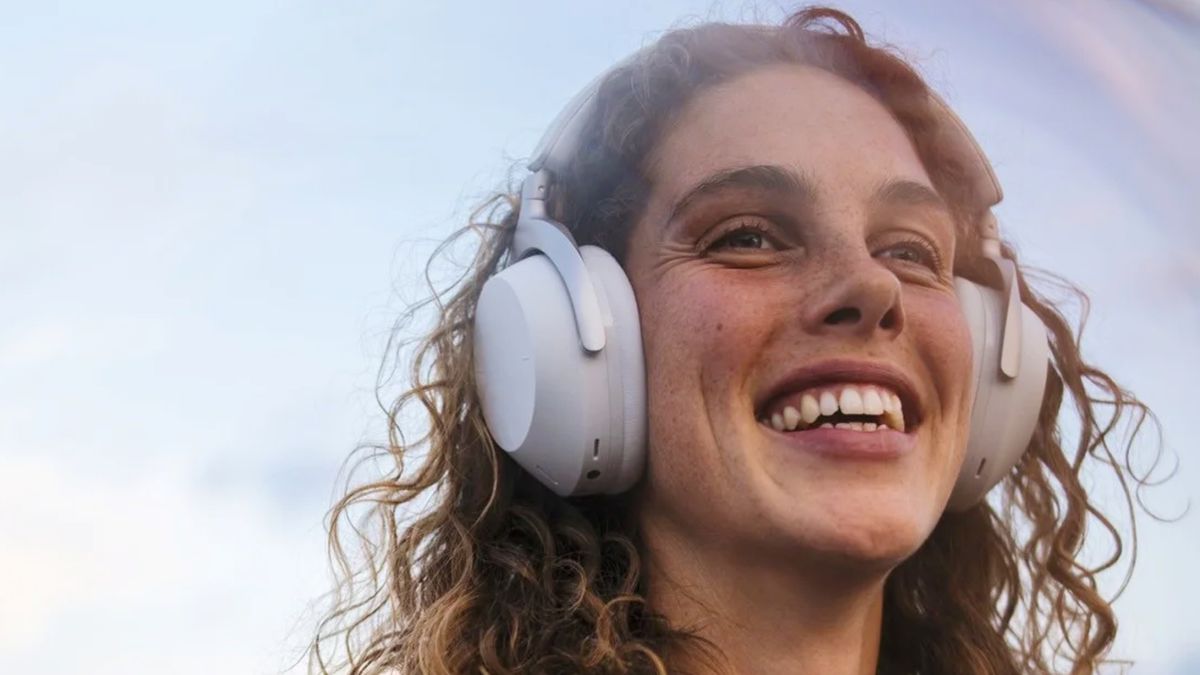
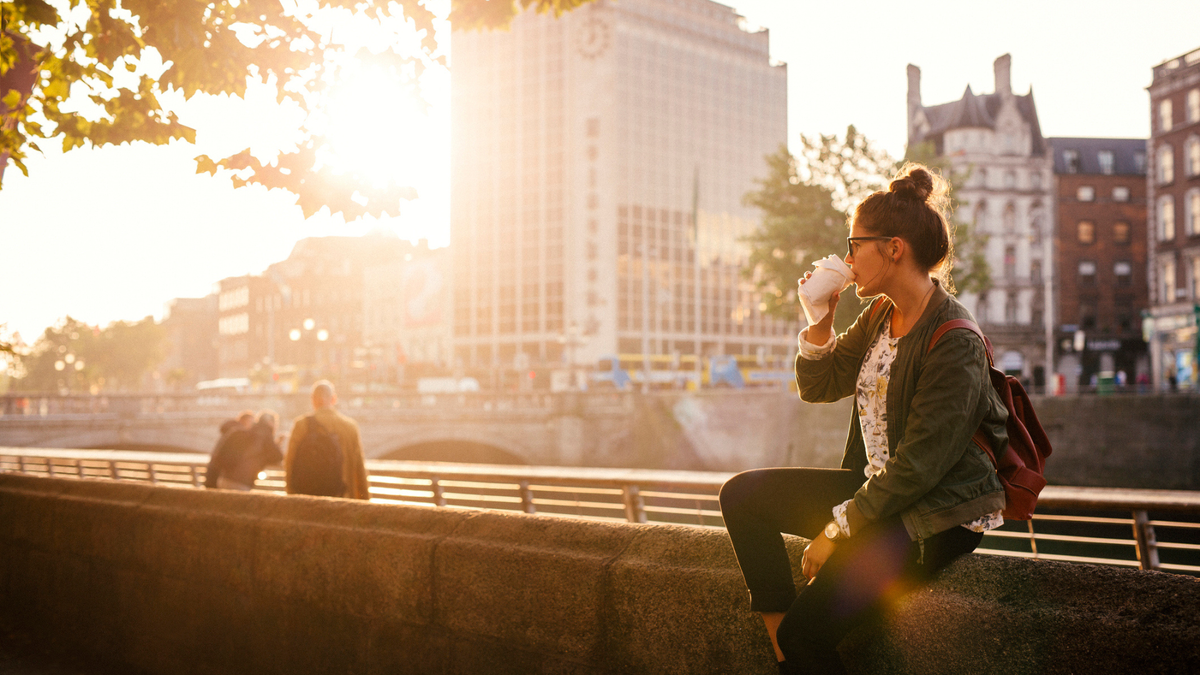








 English (US) ·
English (US) ·